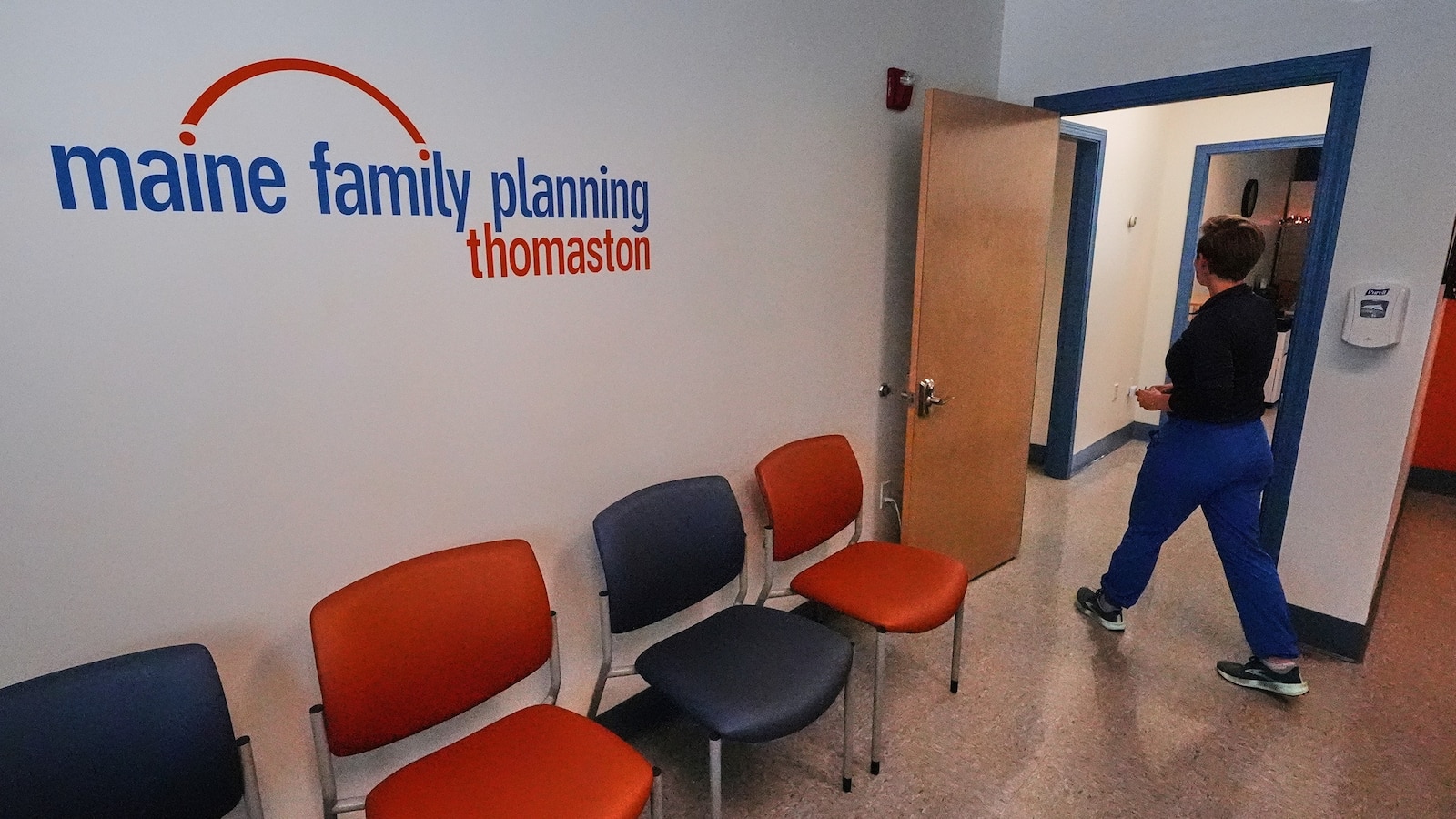Copyright go

One of Maine's largest abortion care providers is ending primary care services on Friday after a court ruled that the Trump administration is not required to restore Medicaid funding. Maine Family Planning -- the largest network of sexual and reproductive health care clinics in the state -- is ending primary care services at three clinics in Ellsworth, Fulton and Presque Isle, affecting about 800 patients. Under H.R.1 -- the mega-bill that President Donald Trump signed into law over the summer -- family planning and abortion providers are not allowed to collect Medicaid funding if they received at least $800,000 in Medicaid reimbursements in 2023. Medicaid funds are not used to cover abortion costs in most circumstances, according to Maine Family Planning. The Center for Reproductive Rights (CRR) sued on behalf of Maine Family Planning to restore the funds, but a judge ruled in August that, because Roe v. Wade -- the constitutional right to an abortion -- was overruled, Congress can "withhold federal funds and otherwise disassociate from conduct that is not enshrined." George Hill, president and CEO of Maine Family Planning, said it feels like the network was targeted because it provides abortion care, despite offering other family planning and reproductive health care services. "We are furious that we find ourselves in this position, and more importantly, that our patients are in this position," Hill told ABC News. "We're not pleased that we have to do this, but we felt that we needed to take this step in light of the fact that we were excluded from a primary source of support for that service in Medicaid." Hill said the roughly 800 patients affected by the closures make about 2,200 to 2,300 visits to Maine Family Planning every year, and aside from losing the patient-provider relationships, it will also be a loss in revenue for the clinics. Dr. Vanessa Shields-Haas, a family nurse practitioner at the Maine Family Planning clinic in Thomaston, said affected patients have been informed about the closure and have been provided Information about alternative primary care providers in their area, as well as help with transferring their medical records. However, she said that even when Maine Family Planning is able to refer patients, wait times can be long. "A lot of offices are either not taking new patients or the waiting list could be six to eight months long," Shield-Haas told ABC News. "So, while we've made every effort to refer people to clinics that are accepting new patients, that doesn't mean that they're going to be able to be seen immediately. And that's just because Maine is a rural state, and accessing care is complicated." "Even if you can get in, for instance, to a gynecology department, you may have a six-to-eight-month wait before you can be seen, which, if you have a concerning lump on your breast or a concern about skin changes or a history of cancer, that's too long. And, in some cases, that we could be, be a life-altering wait for care," she added. Shields-Haas added that some of Maine Family Planning's primary care patients may now be forced to drive upwards of three hours in order to access care, or patients who live on unbridged islands may be forced to fly or take a boat in order to access primary care, which may be cost-prohibitive. Maetra Mehdizadeh, an attorney with CRR working on the Maine Family Planning case, told ABC News that it sought a preliminary injunction to allow Maine Family Planning to bill Medicaid, which was denied in August. CRR has since appealed the decision to the First Circuit Court of Appeals, asking judges to reverse the denial so that Maine Family Planning can once again receive Medicaid funding and resume primary care services. "Closing the primary care practice is devastating, and it may be hard to reestablish primary care in the future, because they've also had to lay off providers and have discharged their patients," Mehdizadeh told ABC News. "So, this is a real harm, to the patients, to the providers who are losing their jobs and to Maine Family Planning's ability to really continue providing this care." She went on, "And so, unfortunately, it's not a thing where they can just start and stop what they're able to provide based on what the court does or what Congress does."



